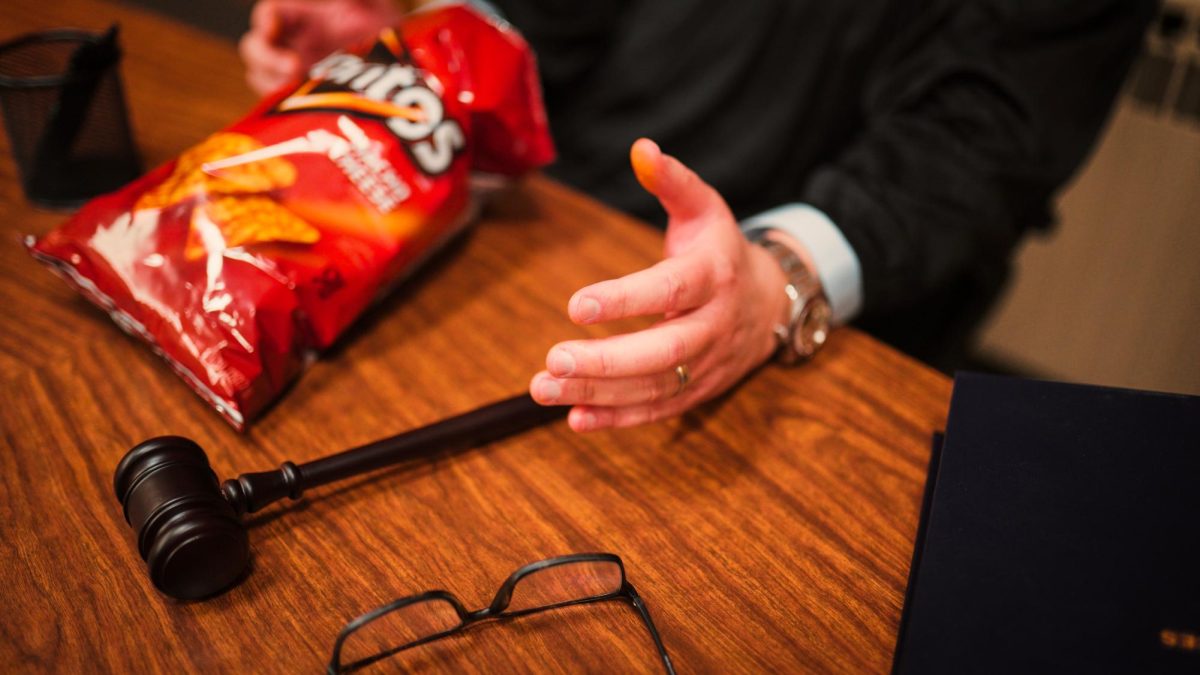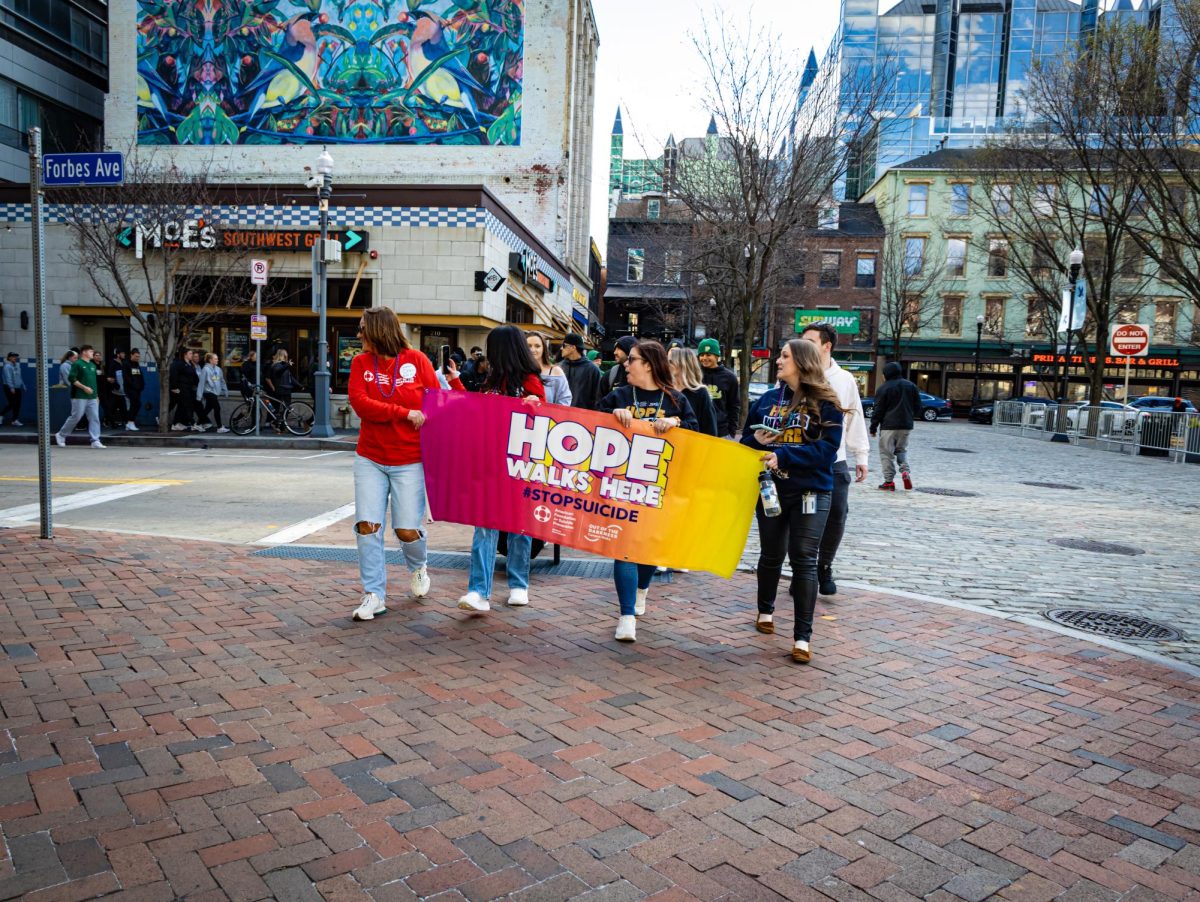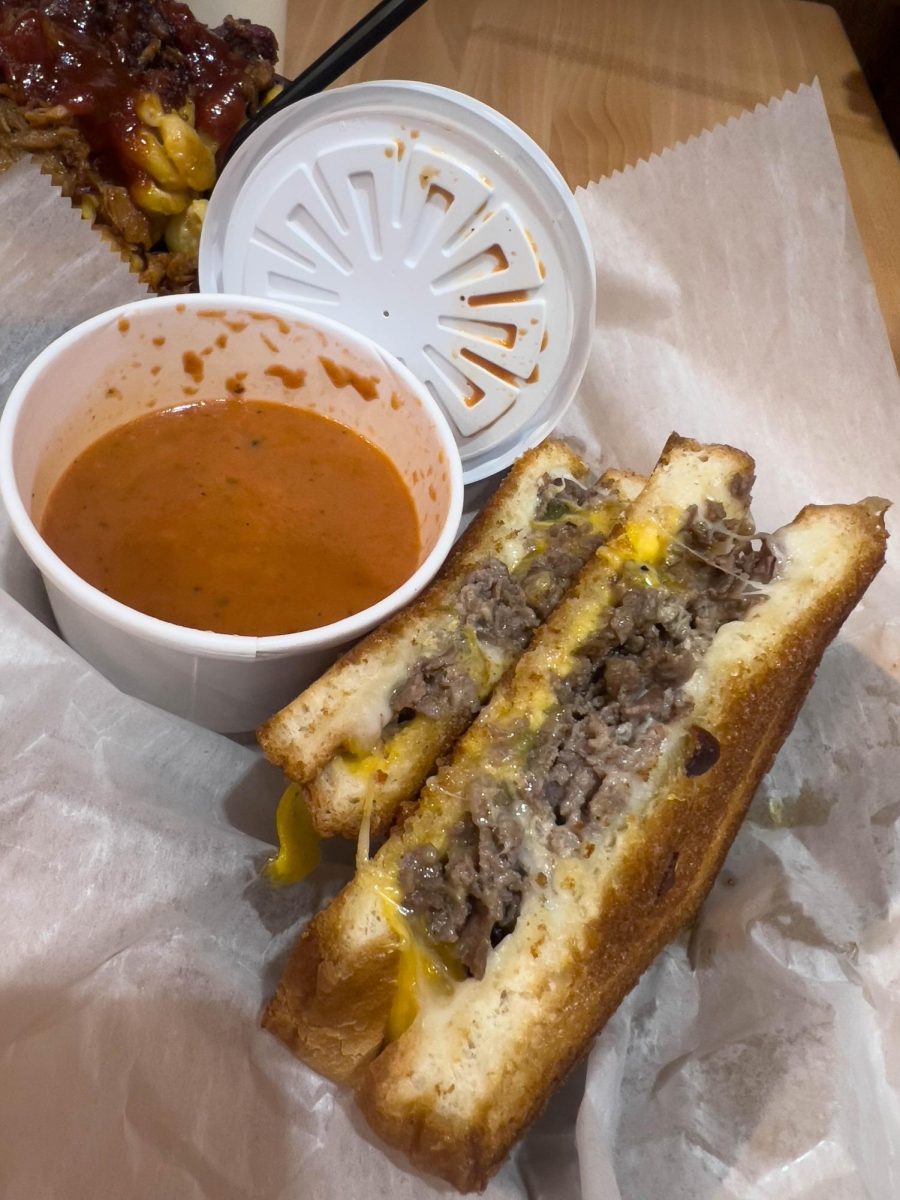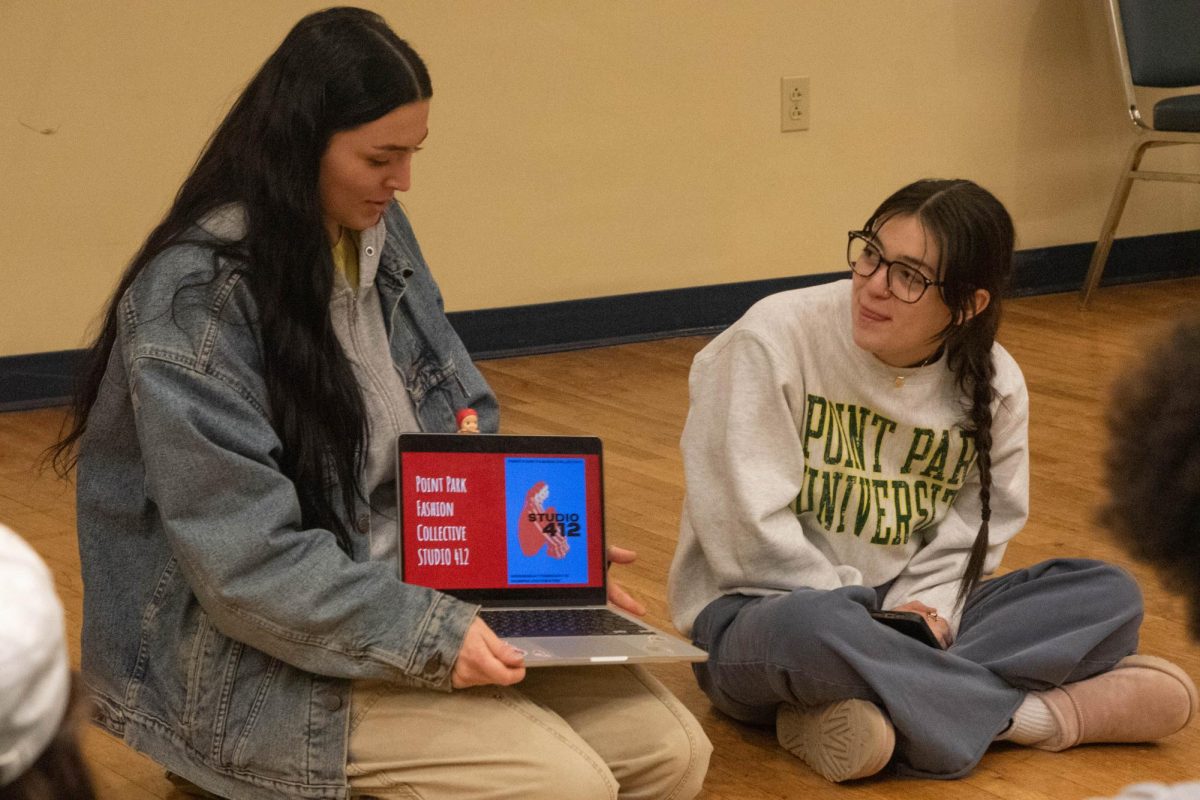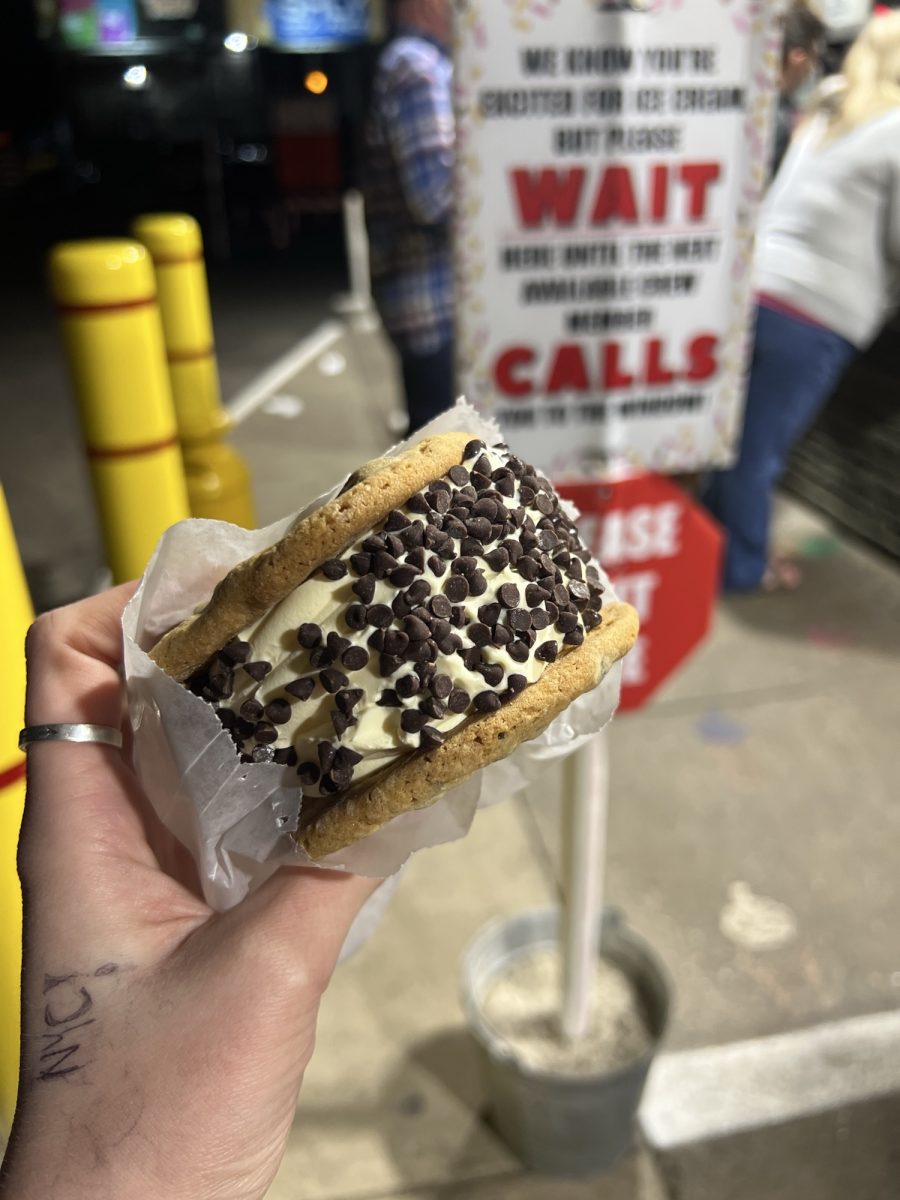Doritos’ “Crash the Super Bowl” advertising contest received a submission from two Point Park students: Nihad Hebib, a senior accounting major, and Shandon Walsh, a junior PR/AD major.
“Crash the Super Bowl” encourages amateur filmmakers across the U.S. to independently produce a 30-second Doritos advertisement.
The winner of the contest takes home $1 million and has their ad shown during this year’s Big Game.
Although their submission did not make Doritos’ list of 25 semi-finalists, Hebib and Walsh both say the contest allowed them to grow their respective brands and find new opportunities in advertising.
“I had always said from the beginning that winning a million dollars would be a long shot,” Walsh said. “Just being involved with this project itself was going to open up so many opportunities and give us potential to get our names out there.”
The ad is set in a courtroom during the trial of a kid accused of eating Doritos. The prosecutor points to the child’s Dorito-dust laden hands as evidence, proving his guilt. In a twist reveal, both the jury members and judge reveal that they, too, have dust on their hands.
“The original idea was actually going to be something along the lines of a wedding, and then somebody crashes the wedding with the Doritos,” Hebib said.
“But I had just recently finished watching Suits, and so did all my friends, and a bunch of people were talking about it. There’s a bunch of these lawyer shows on Netflix and Hulu that are all trending, so I was like, ‘I feel like it’d be really good public appeal to do something like a court case,’” Hebib said.
The crew had to get creative to bring their scene to life. The “courthouse” featured in the video is actually a meeting room in a retired Braddock police station.
Casting took a bit of resourcefulness as well, according to Walsh.
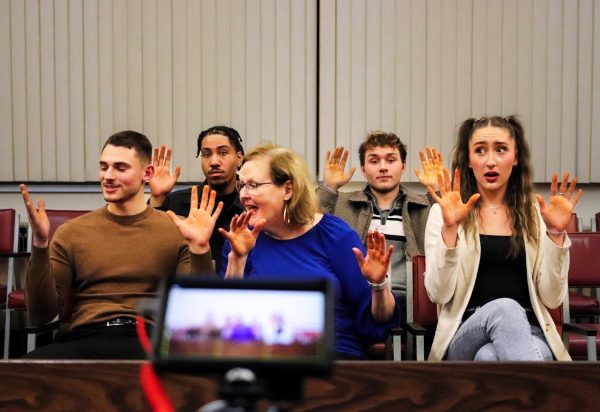
Submitted by Nihad Hebib and Shandon Walsh
“The judge was my girlfriend’s uncle, and the little kid was actually my younger brother,” Walsh said.
Both Hebib and Walsh hope to continue growing their advertising careers with the Doritos ad as a boon in their resumés.
“I’m pretty proud of the product that we made,” Hebib said. “So I’m going to be reaching out, cold calling a bunch of businesses, offering them a similar service. Like, ‘We can do something in Pittsburgh to advertise your business,’ etc., etc.”
Walsh made a promotional video for his Instagram to help proliferate the ad. He also reached out to several local media outlets, including the Globe and Post-Gazette, to spread the word further.
“This project wasn’t always about a million dollars,” Walsh said. “It would have been nice, but it was more about, you know, we’re doing something really cool here. And we have this passion project where we can pour everything we have into it and just see where it takes us.”



